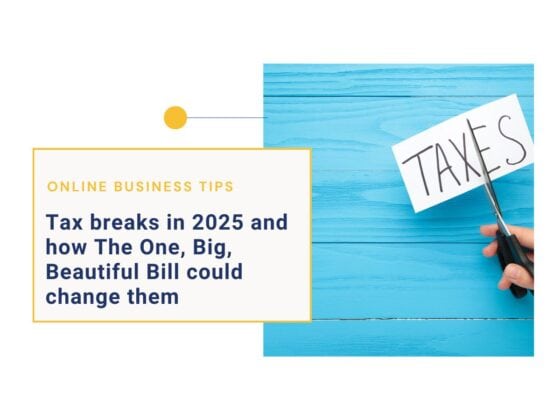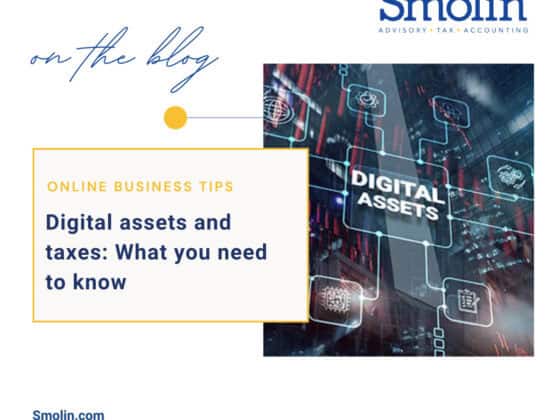The Tax Cuts and Jobs Act relaxed the rules for depreciating business assets. Each year, the amounts change in proportion to inflation adjustments. With the remarkably high inflation rate we saw in 2023, this year’s adjustments are significant.
Here’s what you need to know for your small business.
Section 179 deduction amounts
The maximum Sec. 179 deduction is $1.16 million for qualifying assets placed in service in 2023. If your business puts qualified assets worth more than $2.89 million in service, though, that deduction begins to dwindle.
What assets are eligible?
Eligible assets include depreciable personal property such as:
- Machinery and equipment
- Office furniture
- Fixtures like refrigerators, signs, air conditioners, or heaters
- Eligible improvements to commercial property like roofs, security systems, and HVAC
- Computer hardware and peripherals
- Vehicles (with some restrictions)
- Commercially available software
Considerations for real estate
You may also claim Sec. 179 deductions for real estate qualified improvement property (QIP) up to the maximum allowance of $1.16 million. To do this, the improvements must be on the inner portion of a non-residential building and must take place after the date the building was placed in service.
However, it’s worth noting that expenditures relating to making a building bigger—such as elevators, escalators, or other internal structural changes—don’t count as QIP. They usually must be depreciated over 39 years.
There’s no separate Sec. 179 deduction limit for QIP, so deductions reduce your maximum allowance dollar for dollar.
Sec. 179 deductions are also allowed for qualified expenditures for security systems, fire protection systems, HVAC equipment, and alarm systems.
Depreciable personal property used primarily to furnish lodging, like furniture and appliances in certain rental properties, may also qualify.
Heavy SUVs are deducted differently
There is a special limitation for heavy SUVs with gross vehicle weight ratings (GVWR) between 6,001 and 14,000 pounds. If your heavy SUV was put into service during 2022, you may be able to claim 100% of the first-year bonus depreciation percentage.
For tax years starting in 2023, though, the maximum Sec 179 deduction is $28,900. First-year bonus depreciation has been decreased to 80%. This percentage is expected to drop further each year leading up to 0% in 2027.
Exception: These percentage cutbacks will be delayed by one year for certain assets with longer production periods.
Limitations for passenger autos
For federal tax purposes, passenger vehicles are defined as cars, light trucks, and light vans.
Special depreciation limits apply to these vehicles undo luxury auto depreciation rules.
The maximum luxury auto deductions for used and new passenger autos placed in service during 2023 are:
- $12,200 for Year 1 ($20,200 if bonus depreciation is claimed)
- $19,500 for Year 2
- $11,700 for Year 3
- $6,960 for Year 4 and thereafter until fully depreciated
Of course, these allowances assume 100% business use and will be further adjusted for inflation in future years.
Heavy vehicles may come with an advantage
Heavy SUVs, pickups, and vans (those with GVWRs above 6,000 pounds) are considered transportation equipment and, as such, are considered exempt from the luxury auto depreciation limitations.
However, at least half of their use must be for business purposes to be eligible for the Sec. 179 deductions and first-year bonus depreciation we discussed above.
If these vehicles are used a significant amount for personal use, their cost must be depreciated using the straight-line method over the course of six tax years.
Otherwise, the business-use percentage of the vehicle’s cost must be depreciated using the straight-line method, and it’ll take six tax years to fully depreciate the cost.
Questions about your business taxes? Smolin can help.
The depreciation rules for business assets can be confusing, but working with a professional can help you get the maximum depreciation tax breaks for your business.
If you want to learn more about what to expect for your specific assets, contact the friendly tax professionals at Smolin.


